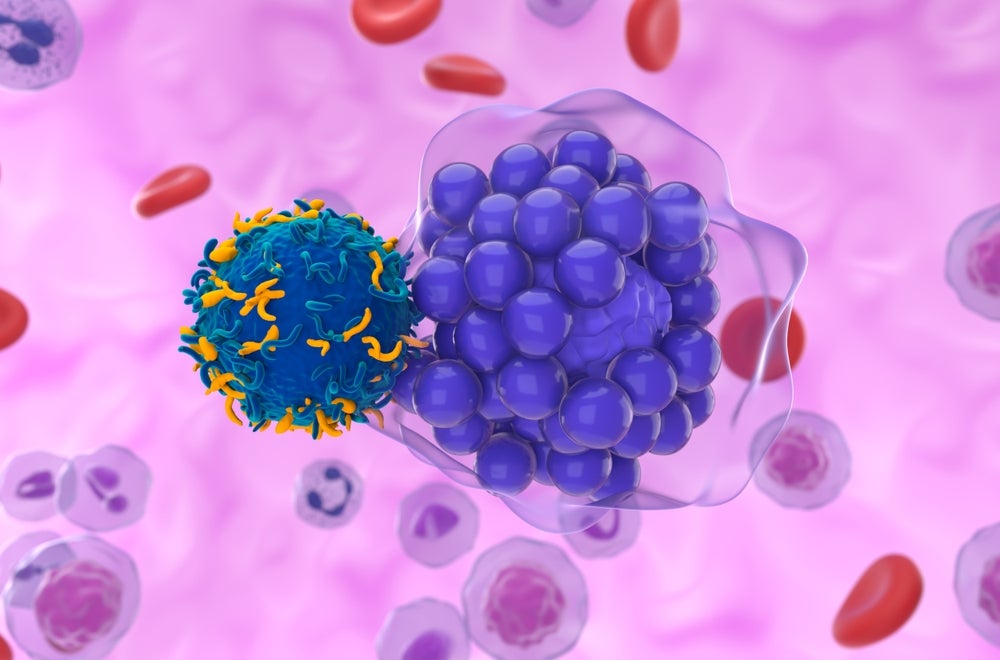STAT+: Bristol drug reduces reliance on transfusions for people with chronic blood disorder
In a new study, a medicine from Bristol Myers Squibb nearly doubled the treatment benefit compared to standard therapy for certain patients with a chronic blood disorder called myelodysplastic syndrome.

In a study reported Thursday, a medicine from Bristol Myers Squibb nearly doubled the treatment benefit compared to standard therapy for certain patients with a chronic blood disorder called myelodysplastic syndrome — results that could change the way physicians care for these patients.
Myelodysplastic syndrome, or MDS, is a cancer-like disease of the bone marrow that results in decreased production of healthy blood cells. As it progresses, patients become prone to infections and severe anemia that can require chronic blood transfusions.
The Bristol study, called COMMANDS, set out to determine whether initial treatment with Reblozyl, which promotes the maturation of late-stage red blood cells, would benefit people with lower-risk, transfusion-dependent MDS more than use of so-called erythropoietin-stimulating agents, or ESAs, that promote the production of early-stage red blood cells and are the current standard of care.
What's Your Reaction?
































